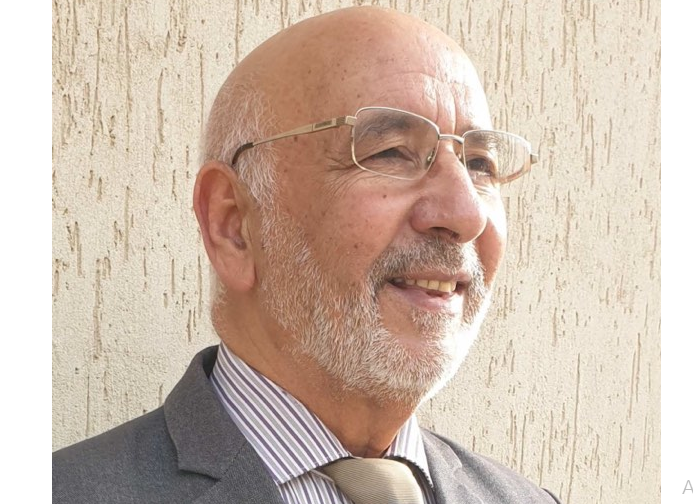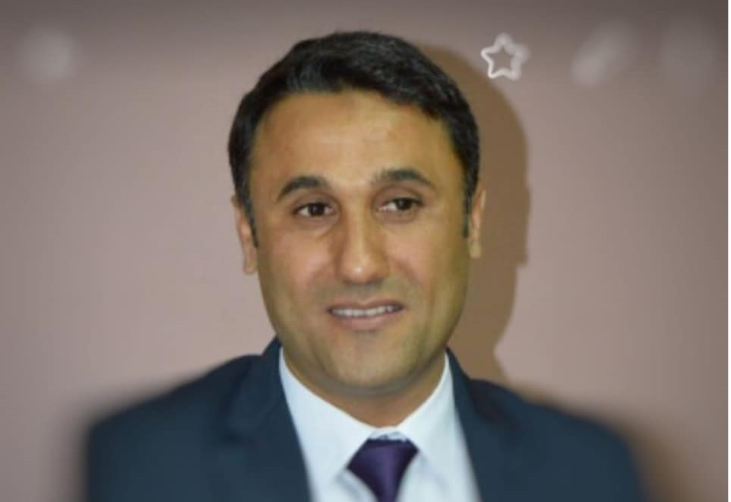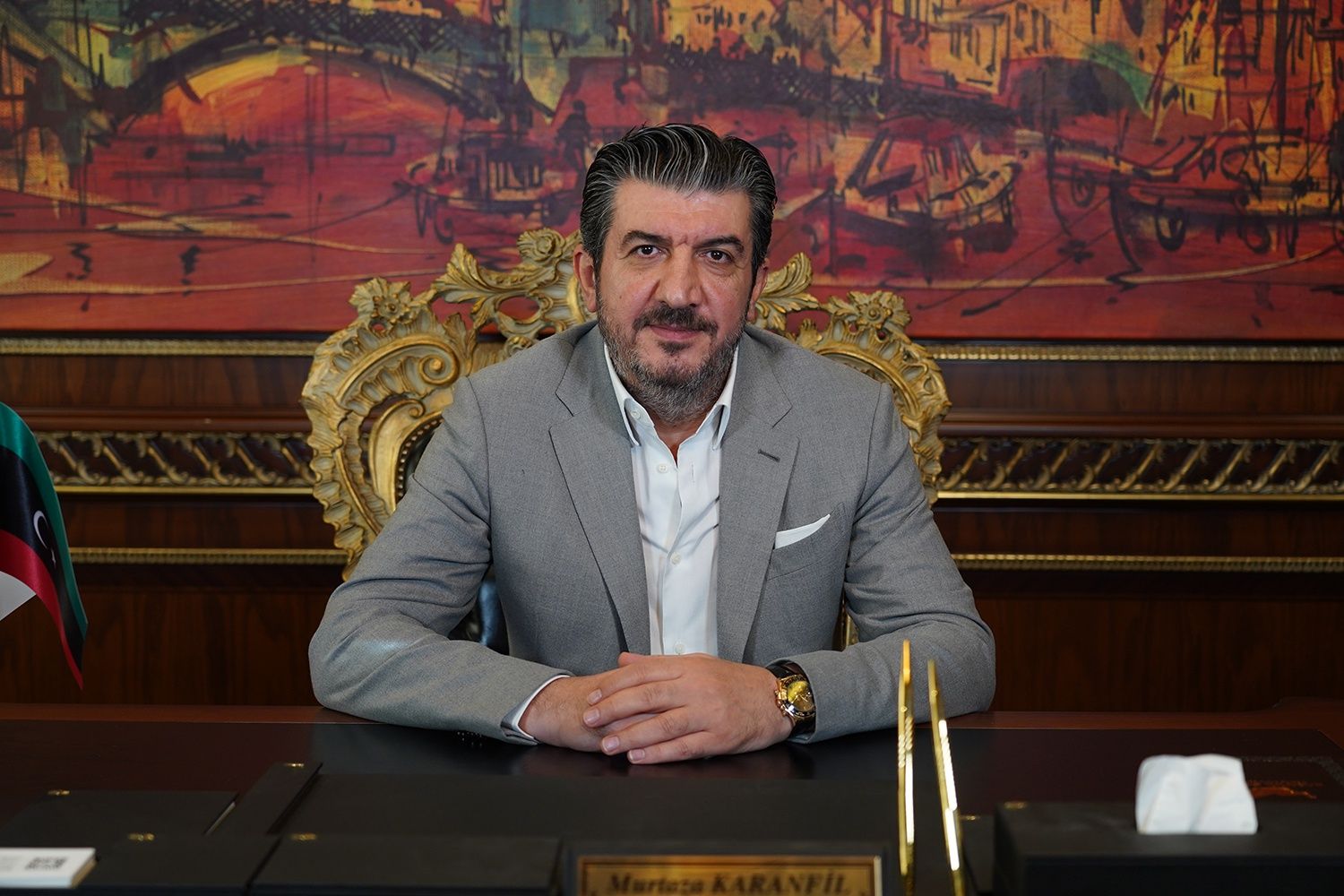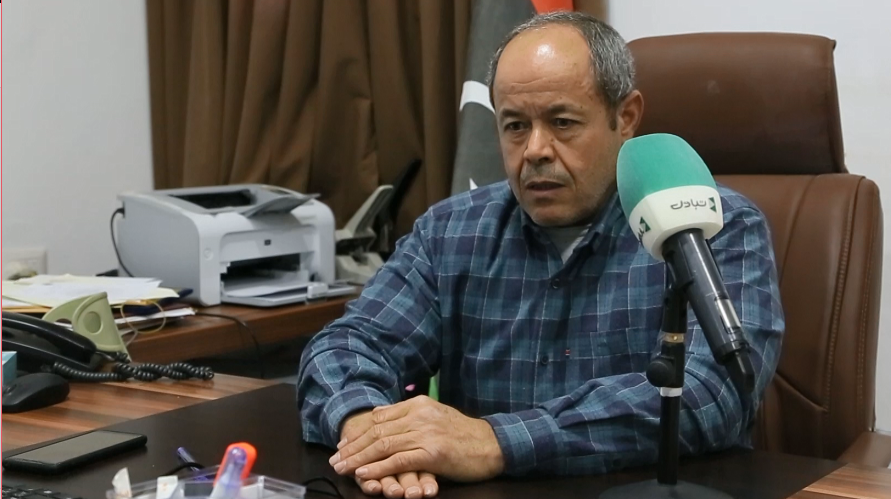The number of people infected with coronavirus topped 110,000 across the world as the outbreak reached more countries and caused more economic damage.
DEATHS/INFECTIONS
More than 110,000 people have been infected by the coronavirus across the world and over 3,800 have died, according to a Reuters tally of government announcements.
Mainland China, where the outbreak began, had 40 new cases as of Sunday, down from 44 cases a day earlier. Total confirmed cases rose to 80,735, while the death toll touched 3,119.
EUROPE
Total cases in the United Kingdom rose by 30% to 273 and a third person who tested positive for the virus has died.
Italy ordered a virtual lockdown across a swathe of its wealthy north on Sunday, including the financial capital Milan, in a drastic new attempt to try to contain a rapidly growing outbreak of coronavirus.
The number of deaths in Italy jumped to 366 from 233 on Saturday, officials said on Sunday. Total cases reached 7,375, up from 5,883.
Nineteen people in France have died, authorities said on Sunday. The number of confirmed cases has increased by around 500 over the weekend.
Germany had 902 confirmed cases by Sunday afternoon. There were just 66 cases on February 29. Health Minister Jens Spahn called on organizers of large public events to cancel them and urged people to stay at home.
The number of cases in Britain has risen to 273, the Department of Health said on Twitter on Sunday, up from 209 a day earlier, and the biggest one-day increase so far.
Albania reported its first case on Monday.
Bulgaria on Sunday reported its first four confirmed cases of the coronavirus.
Moldova has reported its first confirmed coronavirus case, the Health Ministry said late on Saturday.
Malta reported its first case on Saturday – a 12-year-old Italian girl who lives on the island.
AMERICAS
Oregon Governor Kate Brown declared a 60-day state of emergency on Sunday as cases in the state doubled to 14.
U.S. passengers on the cruise ship Grand Princess, which had been barred from docking in California because of suspected cases of coronavirus on board, will be sent for testing to at least four quarantine centers, Georgia Governor Brian Kemp said on Sunday.
Costa Rica raised to nine the tally of people infected with the virus in its territory, up from five a day earlier.
A patient diagnosed with coronavirus died in Argentina on Saturday, the Health Ministry said, marking the first death related to the virus in Latin America.
Paraguay has registered its first case, the Health Ministry said on Twitter on Saturday.
ASIA
South Korea reported 69 new cases, bringing the country’s total infections to 7,382.
Bangladesh on Sunday confirmed its first three cases, two of them in people recently returned from Italy.
The Maldives has curbed movement on several resort islands, authorities said on Sunday, after the country reported its first two cases of coronavirus.
The Japanese city of Kobe said a woman in her 40s has tested positive.
Philippines President Rodrigo Duterte will declare a public health emergency after the country recorded its first case of community transmission, officials said on Saturday.
MIDDLE EAST AND AFRICA
Iran said 194 people had died from coronavirus and 6,566 were now infected, in a TV announcement by the Health Ministry on Sunday.
A 60-year-old German tourist has died in Egypt, becoming its first fatality from the new coronavirus, the Health Ministry in Cairo announced on Sunday.
Saudi Arabia reported four new cases on Monday, bringing the total of registered cases to 15. On Sunday, it imposed a temporary lockdown on its eastern Qatif province, home to a large Shi’ite Muslim population.
Cameroon and Togo confirmed their first cases of coronavirus on Friday, bringing the number of countries in sub-Saharan Africa reporting infections to five.
AUSTRALIA
A man in his 80s died in a Sydney hospital, becoming the third casualty in Australia, state health authorities said on Sunday. Federal Minister for Health Greg Hunt said the government has secured an additional 54 million face masks to help protect medical workers.









